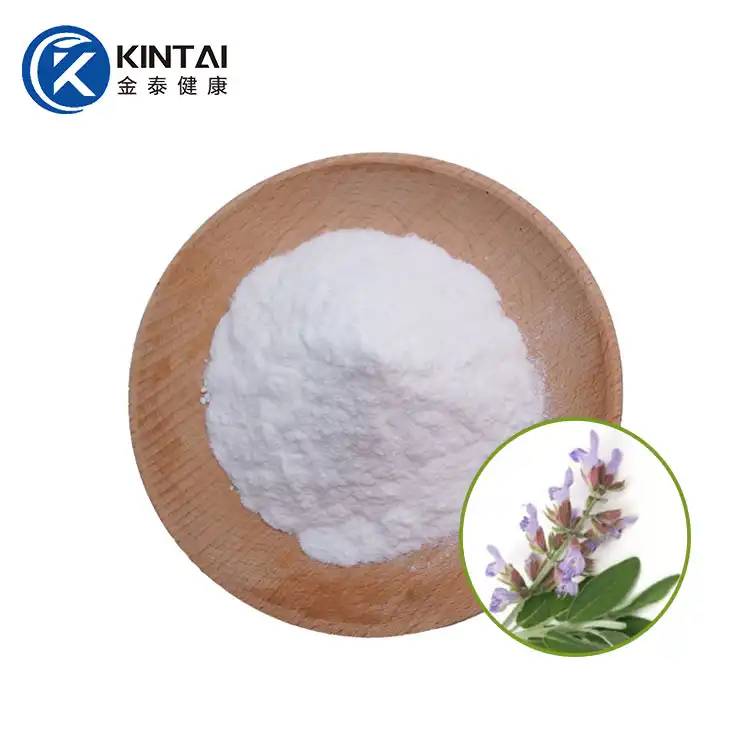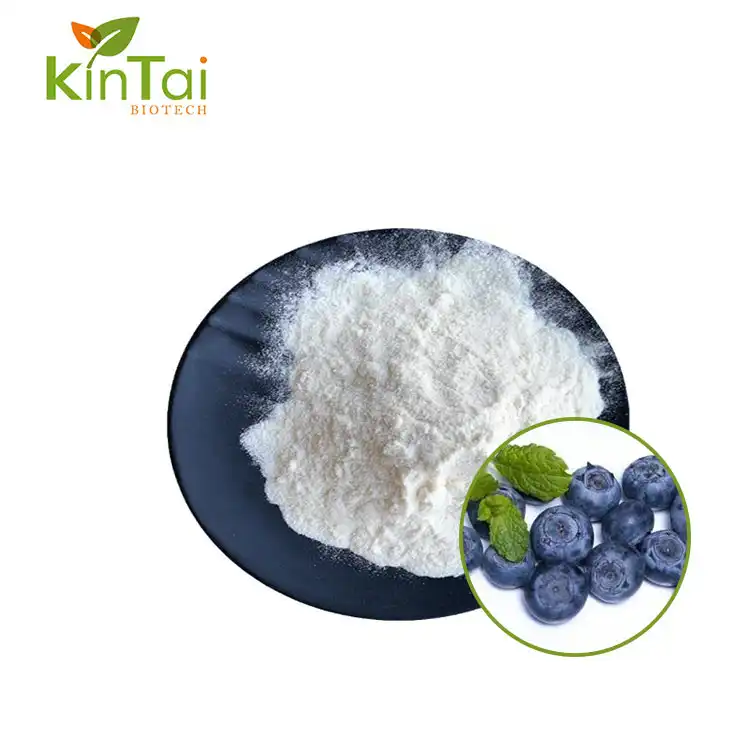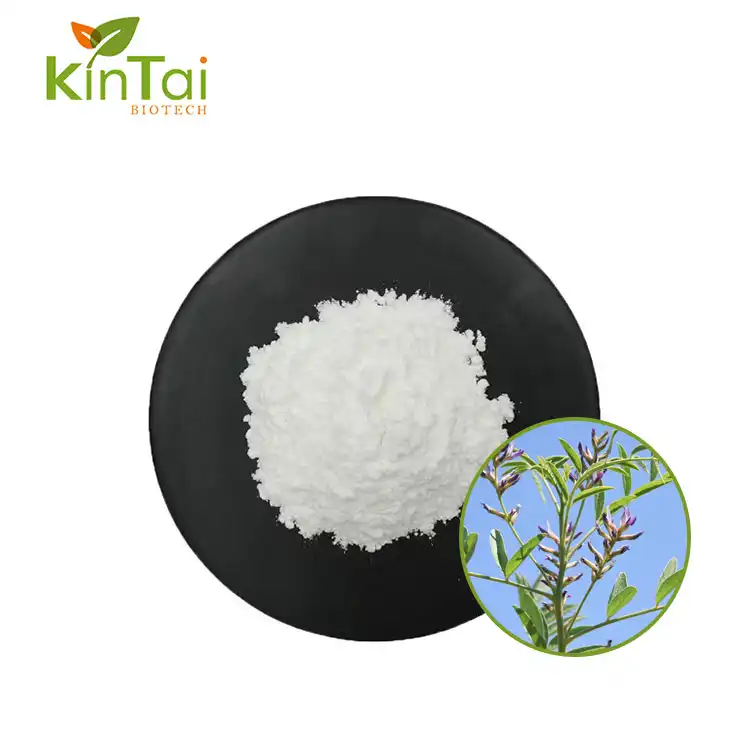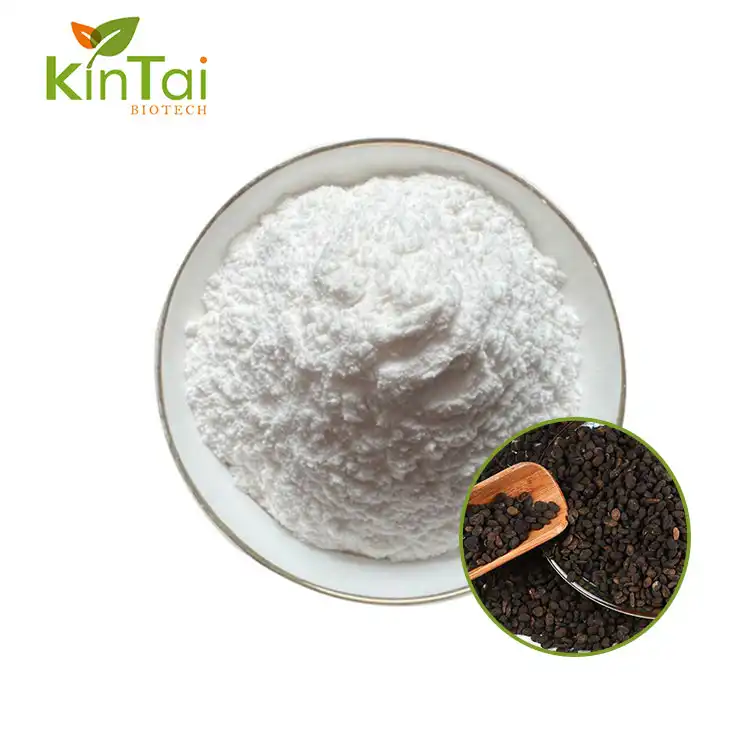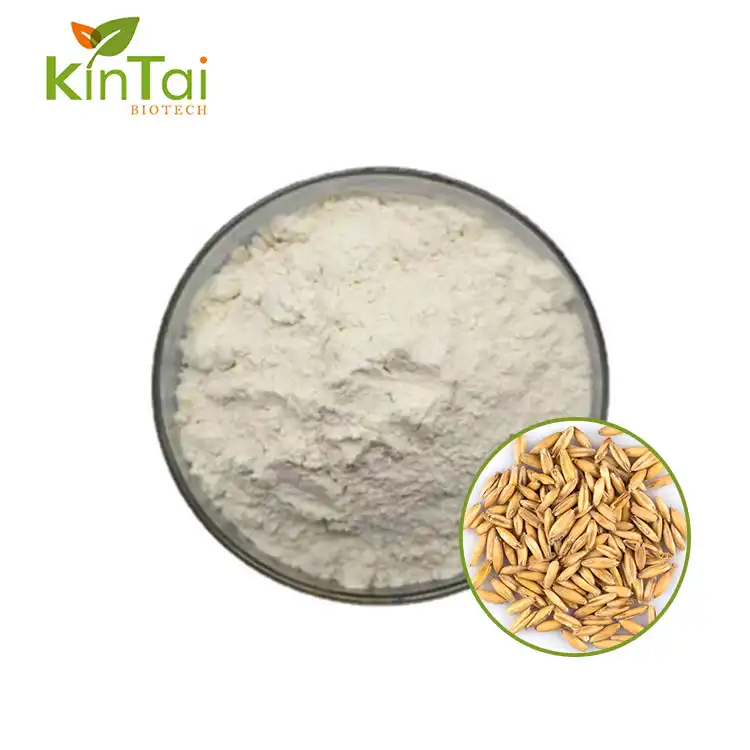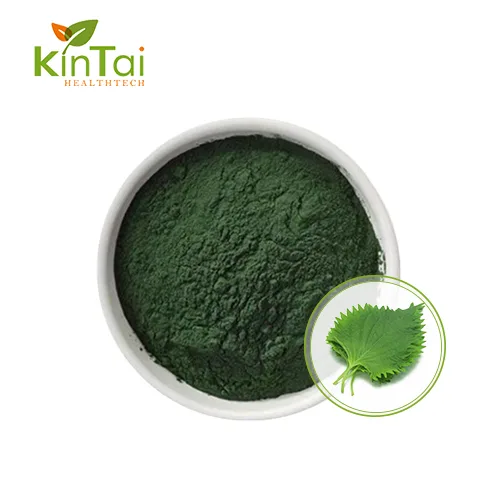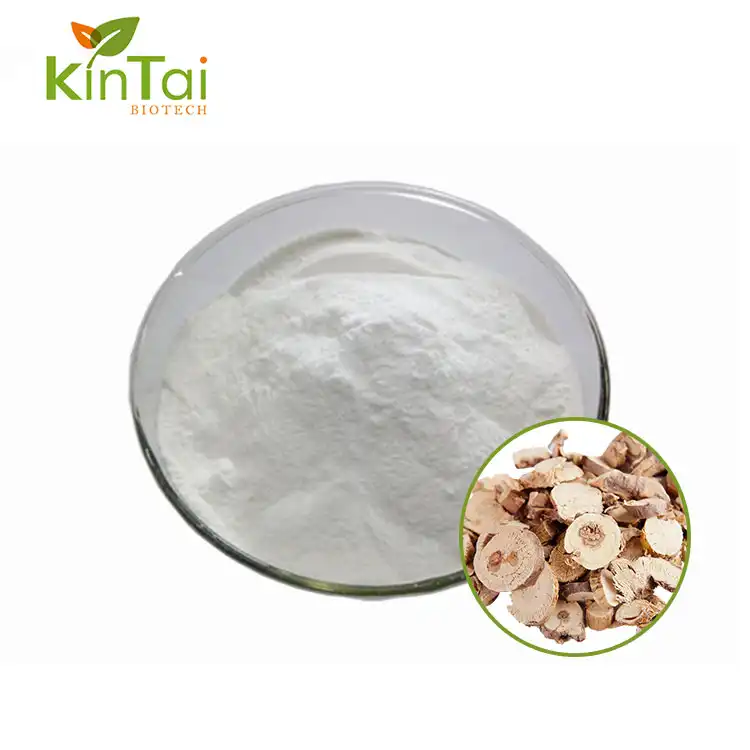What is dihydromyricetin good for?
2024-10-08 11:18:27
What is dihydromyricetin good for?
In recent years, there has been a growing interest in the potential health benefits of dihydromyricetin (DHM), a natural flavonoid compound found in certain plants, particularly in the Ampelopsis grossedentata species. As a health-conscious individual, I find myself intrigued by the purported uses and effects of DHM. In this comprehensive analysis, I aim to delve into the scientific research surrounding DHM and explore its potential applications in promoting human health and well-being.
Understanding Dihydromyricetin: Origins and Composition
Dihydromyricetin, also known as ampelopsin, is a flavonoid compound that can be extracted from various plant sources, with Ampelopsis grossedentata being one of the primary natural reservoirs. Flavonoids are a class of bioactive compounds known for their antioxidant properties and potential health benefits. DHM is characterized by its molecular structure, which consists of carbon, hydrogen, and oxygen atoms arranged in a specific configuration that confers its unique properties.
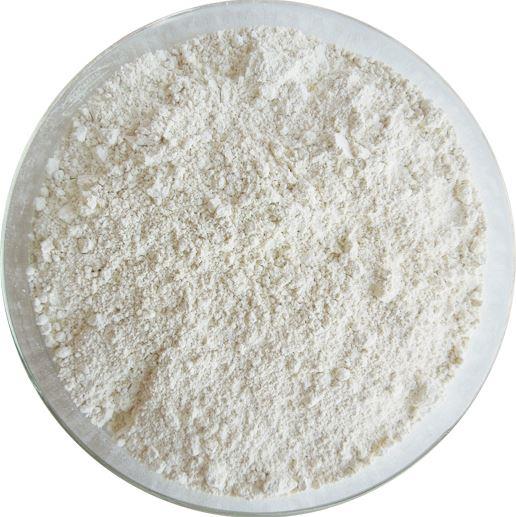
The Mechanisms of Action: How Does Dihydromyricetin Work?
Antioxidant Action: Like numerous flavonoids, DHM has powerful antioxidant properties. It scavenges free radicals and responsive oxygen species (ROS), in this manner securing cells and tissues from oxidative harm. This antioxidant action makes a difference avoid oxidative push, which is embroiled in different infections, counting cardiovascular disarranges, neurodegenerative conditions, and cancer.
Liver Security: DHM has been broadly considered for its hepatoprotective impacts. It makes a difference relieve liver harm caused by variables such as liquor utilization, poisons, and oxidative stretch. DHM helps in the detoxification prepare by upgrading the movement of antioxidant proteins and diminishing aggravation in the liver. Moreover, it advances liver cell recovery and repair.
Alcohol Digestion system: One of the one of a kind properties of DHM is its capacity to tweak liquor digestion system. It acts as an liquor dehydrogenase (ADH) and aldehyde dehydrogenase (ALDH) chemical activator, encouraging the breakdown of liquor and acetaldehyde, individually. By quickening liquor digestion system, DHM makes a difference lighten alcohol-induced harmfulness and diminishes the seriousness of aftereffect symptoms.
Neuroprotective Impacts: DHM shows neuroprotective properties, which have been ascribed to its antioxidant and anti-inflammatory exercises. It makes a difference secure neurons from oxidative harm, diminishes neuroinflammation, and moves forward cognitive work. These neuroprotective impacts make DHM a potential helpful specialist for neurodegenerative infections such as Alzheimer's and Parkinson's.
Anti-inflammatory Impacts: DHM has anti-inflammatory properties that contribute to its different wellbeing benefits. It hinders the generation of pro-inflammatory cytokines and arbiters, subsequently constricting aggravation in diverse tissues and organs. This anti-inflammatory movement is significant not as it were for liver and brain wellbeing but too for relieving irritation related with cardiovascular infections and metabolic disarranges.
Exploring the Potential Health Benefits of Dihydromyricetin
Liver Health: DHM is perhaps most well-known for its hepatoprotective properties. Studies have shown that DHM can help prevent liver damage caused by alcohol consumption, toxins, and oxidative stress. It supports liver function by enhancing antioxidant enzyme activity, reducing inflammation, and promoting liver cell regeneration. As a result, DHM may be beneficial for individuals with liver conditions such as fatty liver disease, hepatitis, and liver cirrhosis.
Hangover Relief: DHM has gained attention for its potential to alleviate hangover symptoms. By accelerating the metabolism of alcohol and its toxic byproduct acetaldehyde, DHM may reduce the severity of hangover symptoms such as headache, nausea, and fatigue. This makes DHM a popular ingredient in hangover relief supplements and functional beverages.
Antioxidant Protection: As a flavonoid compound, DHM exhibits potent antioxidant activity, scavenging free radicals and protecting cells from oxidative damage. This antioxidant protection extends beyond the liver to other organs and tissues, offering potential benefits for overall health and longevity. DHM's antioxidant properties may help reduce the risk of chronic diseases associated with oxidative stress, including cardiovascular disease, neurodegenerative disorders, and cancer.
Neuroprotective Effects: DHM has been shown to exert neuroprotective effects in preclinical studies. It helps protect neurons from oxidative stress, inflammation, and apoptosis, which are underlying mechanisms in neurodegenerative diseases such as Alzheimer's and Parkinson's. DHM's neuroprotective properties may support brain health and cognitive function, potentially reducing the risk of age-related cognitive decline and neurological disorders.
Anti-inflammatory Activity: DHM possesses anti-inflammatory properties that contribute to its health benefits. By inhibiting pro-inflammatory cytokines and mediators, DHM helps reduce inflammation in various tissues and organs. This anti-inflammatory activity may have implications for conditions characterized by chronic inflammation, such as arthritis, inflammatory bowel disease, and metabolic syndrome.

Applications in Traditional Medicine and Modern Healthcare
Traditional Medicine: DHM-containing plants have been used in traditional medicine systems for centuries. For example, Ampelopsis grossedentata, a natural source of DHM, has been utilized in traditional Chinese medicine (TCM) for its hepatoprotective properties and ability to alleviate symptoms of alcohol intoxication. In TCM, DHM-containing preparations are often prescribed to support liver health, detoxification, and alcohol metabolism. Similarly, other cultures have employed DHM-rich plants for various medicinal purposes, including improving digestion, promoting cardiovascular health, and enhancing overall vitality.
Modern Healthcare: In recent years, scientific research has corroborated many of the traditional uses of DHM and elucidated the mechanisms underlying its therapeutic effects. Studies have demonstrated DHM's hepatoprotective properties, showing its ability to mitigate liver damage, reduce inflammation, and enhance liver function. Additionally, research has highlighted DHM's role in alcohol metabolism, which has led to its investigation as a potential hangover remedy and support for alcohol-related liver disorders.
Liver Health: DHM supplements are increasingly recognized for their potential to promote liver health and protect against liver diseases such as fatty liver disease, hepatitis, and liver cirrhosis. The antioxidant and anti-inflammatory properties of DHM contribute to its hepatoprotective effects, while its ability to enhance alcohol metabolism may reduce the risk of alcohol-induced liver damage.
Cardiovascular Support: Emerging evidence suggests that DHM may also have benefits for cardiovascular health. Its antioxidant and anti-inflammatory properties may help protect against cardiovascular diseases such as atherosclerosis, hypertension, and heart failure. Additionally, DHM's ability to improve endothelial function and regulate lipid metabolism could further contribute to its cardioprotective effects.
Overall Well-being: Beyond its specific therapeutic applications, DHM supplements are being explored for their potential to enhance overall well-being. The antioxidant and anti-inflammatory properties of DHM may help combat oxidative stress, reduce inflammation, and support immune function, thereby promoting vitality and resilience.
Safety and Side Effects: What You Need to Know
While dihydromyricetin is generally regarded as safe for consumption when used appropriately, it is essential to be aware of potential side effects and contraindications. Some individuals may experience mild gastrointestinal symptoms or allergic reactions in response to DHM supplementation. Additionally, certain medications may interact with dihydromyricetin, necessitating caution for individuals taking prescription drugs or undergoing medical treatment.
Conclusion: Harnessing the Potential of Dihydromyricetin for Health and Wellness
In conclusion, dihydromyricetin represents a promising natural compound with a wide range of potential health benefits. From its antioxidant and anti-inflammatory properties to its hepatoprotective and neuroprotective effects, DHM offers considerable promise as a therapeutic agent for various health conditions. As scientific research continues to elucidate the mechanisms of action and therapeutic potential of it, it is essential to approach its use with informed discretion, recognizing both its benefits and potential limitations in promoting human health and wellness.If you have any questions or would like to learn more about it, please don't hesitate to contact us at info@kintaibio.com.
References:
"Dihydromyricetin as a Novel Anti-Alcohol Intoxication Medication." https://www.ncbi.nlm.nih.gov/pmc/articles/PMC3292407/
"Neuroprotective effects of dihydromyricetin against ischemic injury." https://www.sciencedirect.com/science/article/abs/pii/S0753332219342879
"Protective effects of dihydromyricetin against liver injury." https://www.sciencedirect.com/science/article/abs/pii/S187553642030156X
"Anti-inflammatory effects of dihydromyricetin." https://pubmed.ncbi.nlm.nih.gov/28160111/
"Dihydromyricetin inhibits cancer cell proliferation." https://www.sciencedirect.com/science/article/pii/S2211383518301659

